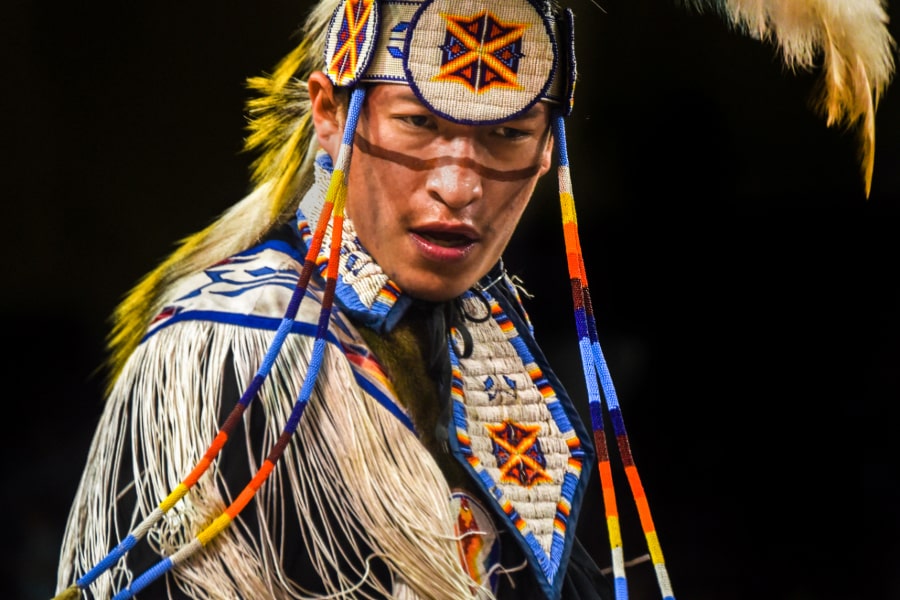


Indigenous Studies for Social Studies Educators
Undergraduate certificate
Overview of Indigenous studies for social studies educators
The Indigenous Studies for Social Studies Educators Undergraduate Certificate gives you the opportunity to better understand Indigenous histories and cultures. Students pursuing this certificate will take courses in history, Ojibwe and anthropology.
Program Snapshot
Why add Indigenous studies to your teaching toolkit?
Historically, social studies education in the United States has modified, excluded or erased Indigenous histories. The Standards for the Preparation of Social Studies Teachers released by the Michigan Department of Education call for social studies teachers across Michigan to be more knowledgeable about Indigenous history and intentionally teach about it, especially as related to Michigan.
This certificate helps you meet those expectations with real context, real skills and a deeper understanding of the histories you’re teaching. You’ll learn to work with evidence, address complex topics and bring Indigenous perspectives into your classroom with clarity and care.
Program highlights
As a student pursuing our certificate in Indigenous studies for social studies educators, you'll:
- Gain basic language skills in Ojibwe: Build foundational communication skills in an Indigenous language.
- Engage in evidence-based inquiries about societal change: Explore cultural complexities at local, national, tribal and international levels.
- Learn how to explain the complexity of historical events: Use evidence and multiple inclusive perspectives to understand historical traumas, such as residential boarding schools.
- Evaluate the role of resources on conflict and cooperation: Analyze how resources impact relationships between Indigenous populations and regions.
- Work closely with faculty who are experts in their fields: Learn from instructors with deep knowledge of Indigenous studies and education.

Connect classroom learning to lived tradition
The Indigenous Studies for Social Studies Educators certificate gives students a deeper understanding of Native histories, cultures and perspectives. CMU’s annual “Celebrating Life” Pow wow offers a direct way to experience those traditions—through dancing, singing, food and community.
Held each spring, the Pow wow brings together people from across the U.S. and Canada to share stories, songs and culture in McGuirk Arena.
Request Information about CMU
By submitting this form, I agree to receive calls, emails and/or text messages from Central Michigan University to discuss furthering my education.